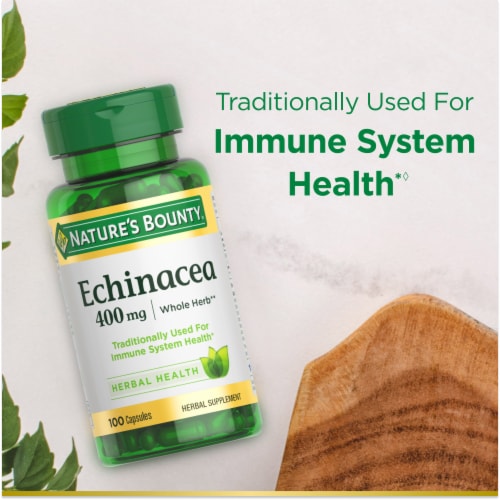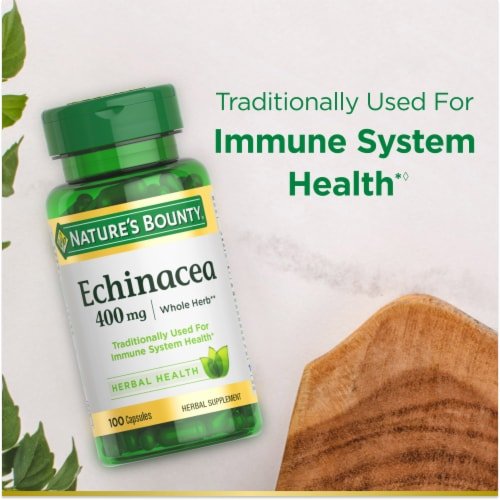Affiliate Disclosure Herbacap: Simple, Legal, and Effective Examples
Affiliate marketing in the health and supplement space—especially when promoting trusted products like Herbacap—requires more than just compelling copy. It demands clarity, honesty, and full compliance with FTC and EU guidelines. And if you’re like most wellness bloggers, sleep tech reviewers, or affiliate content creators, you may not even realize how easy it is to get this part wrong.
At NeuroTechInsider.com, we’re all about truth in wellness—from breaking down the real science behind wearables to explaining how we fund our research through affiliate partnerships. If you’re recommending Herbacap or any supplement on your site, this guide gives you real-world, easy-to-use affiliate disclosure examples—crafted for trust and transparency.

Why Affiliate Disclosures Matter in Supplement Marketing
Affiliate disclosures aren’t just a checkbox—they’re a legal and ethical must. And in the world of health supplements like Herbacap, where readers make decisions that impact their body, clarity is king.
FTC & EU Guidelines: No Room for Guessing
- **FTC rule**: If you’re making money through affiliate links, you need to say it—upfront, plainly, and in every post.
- **EU consumer protection laws** demand similar clarity and even stricter standards in some regions.
- Check the full FTC overview here: Disclosures 101 for Influencers
- EU reference: Iubenda’s EU disclosure guide
“An affiliate disclosure should be as hard to miss as a flashing neon sign on a black wall.”—FTC Disclosure Guide
The Risks of Not Disclosing
- Legal penalties and cease & desist orders
- Loss of trust and higher bounce rates
- Platform bans from Google Ads, Meta, and affiliate programs
- Worsened SEO rankings due to lack of trust signals (Google’s E-E-A-T)
What Makes a Good Affiliate Disclosure?
Let’s be real: Nobody likes fine print or legal mumbo-jumbo. But that doesn’t mean your disclosures have to sound robotic. A good affiliate disclosure is:
- Clear – Readers shouldn’t have to decode anything.
- Visible – Don’t hide it in your footer or bury it in a sea of links.
- Friendly – Sound like a real person, not a lawyer.

Best Placement Practices
- Top of blog posts (before or right after the first paragraph)
- Next to any affiliate links inside the content
- In sidebars or sticky footers for repeat messaging
- Dedicated affiliate disclosure page with a clear link in your navigation
Want a fast rule of thumb? If your user sees a link before a disclosure, you’re doing it wrong.
Real Affiliate Disclosure Examples for Herbacap
These are swipe-worthy, fully legal disclosures you can copy, tweak, and paste on your blog, product pages, or even TikTok videos when talking about Herbacap supplement.
✅ Short Disclosure for Blog Posts
Disclosure: This post contains affiliate links. If you click and make a purchase for Herbacap supplement, I may earn a small commission at no extra cost to you.
Expanded Disclosure for Product Pages
Some of the links on this website are affiliate links, including those for Herbacap supplement. This means that if you purchase Herbacap through my link, I may receive a commission. This helps support the content I create and allows me to continue providing honest reviews and information. I only recommend products I believe in and trust.
Social Media Disclosure
#ad #affiliate I may earn a commission if you purchase Herbacap supplement through the link in my bio. There’s no extra cost to you, and I only recommend products I trust.
Want to see how this applies to product-focused pages like supplement reviews or brain wellness gadgets? Check out our in-depth review of NeuroVIZR where we disclose our affiliate partnerships right at the top—because trust matters.

Designing Affiliate Disclosures That Build Trust
One of the most underestimated powers of a good affiliate disclosure isn’t just compliance—it’s credibility. Especially in wellness and supplements, where skepticism runs high and trust can make or break a product recommendation, your transparency is your superpower.
Transparency vs. Persuasion: Why You Don’t Have to Choose
Some affiliate marketers think disclosures “ruin the flow” of their pitch. But the opposite is true. Today’s readers, especially in health-conscious niches, are more likely to trust a recommendation when it’s clearly disclosed. And the more they trust you, the more likely they are to buy through your link.
- Don’t bury your intent — Instead, wear it proudly. Let readers know you stand behind the product.
- Frame it as a value exchange — “This link supports the free content I provide.”
- Position it as a filter — “I only promote products that meet my personal standards for performance and ethics.”
At NeuroTech Insider, we routinely disclose affiliate relationships in articles like our Apollo Neuro vs NeuroVIZR comparison, because clarity fosters loyalty.
Case Study: Trust-Building Blogs
Let’s look at examples of content creators who’ve nailed this balance. Sites like Examine.com and Labdoor disclose their affiliate practices openly—while still delivering persuasive, evidence-based content.
“Affiliate disclosures aren’t disclaimers. They’re trust accelerators.” — NeuroTech Insider Editorial Note
Sample Table: Disclosure Placement Strategies
| Placement | Example Text |
|---|---|
| Top of Blog Post | “This post contains affiliate links for Herbacap. I may earn a commission.” |
| Sidebar or Footer | “Some links may be affiliate links. I earn a commission at no extra cost if you buy Herbacap.” |
| Product Review Page | “If you purchase Herbacap through my link, I may receive a commission. I only recommend what I trust.” |
| Instagram / TikTok / YouTube | “#ad #affiliate I may earn a commission on Herbacap sales via this link.” |
Frequently Asked Questions
Do I need to disclose every time I share an affiliate link?
Yes. It doesn’t matter if it’s your tenth time talking about Herbacap or your first—every use of an affiliate link must come with a disclosure. Even in DMs, email newsletters, and podcast show notes.
What if I’m just linking to Herbacap and not explicitly promoting it?
If you could receive any form of commission from that link, then it counts as promotion. Always disclose.
How does this affect my SEO?
Properly disclosed affiliate links are SEO neutral when done right. In fact, adding rel="nofollow" or rel="sponsored" to links (which many affiliate programs require) actually protects your SEO authority. And transparent disclosures improve your trust signals, which Google increasingly values under E-E-A-T (Experience, Expertise, Authoritativeness, and Trustworthiness).
Where can I get help writing disclosures?
Besides this guide, you can check out official templates at:
Final Thoughts: Make It Clear, Honest, and Consistent
If you’re promoting supplements like Herbacap, it’s not just smart to disclose—it’s essential. Your readers rely on your integrity to make health decisions. When they know you’re being upfront, they stick around longer, trust your reviews, and yes—buy more through your links.
“Transparency isn’t a legal hurdle—it’s a content strategy.”
At NeuroTech Insider, we champion products that work and advice that respects your time. Whether we’re reviewing vagus nerve devices, or breaking down how 40Hz sound machines affect sleep, our affiliate relationships are always clear, because our loyalty is to you first.
Copy-Paste Templates to Get You Started
- Blog Post: “This post contains affiliate links. If you buy Herbacap, I may earn a small commission—at no extra cost to you.”
- Product Review Page: “As an affiliate, I may receive commissions for purchases made through links in this post. I only recommend what I’ve personally vetted.”
- Social Media: “#affiliate #sponsored If you click my link and buy Herbacap, I may earn a commission. I only promote what I trust.”
References and Further Reading
